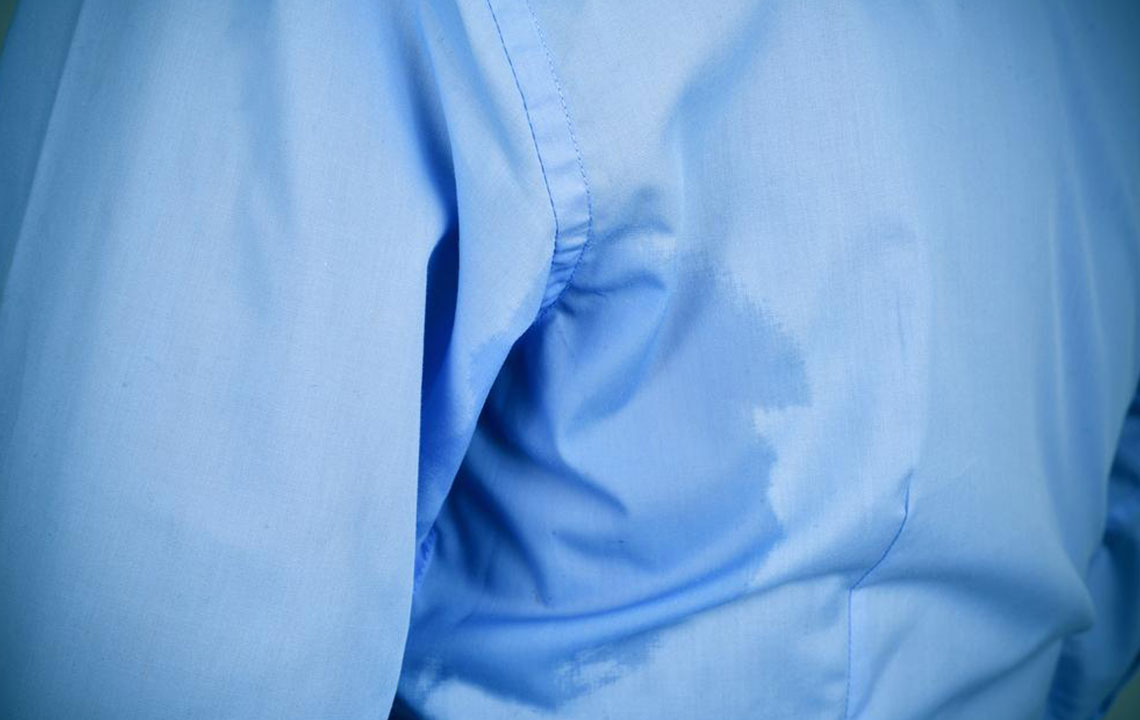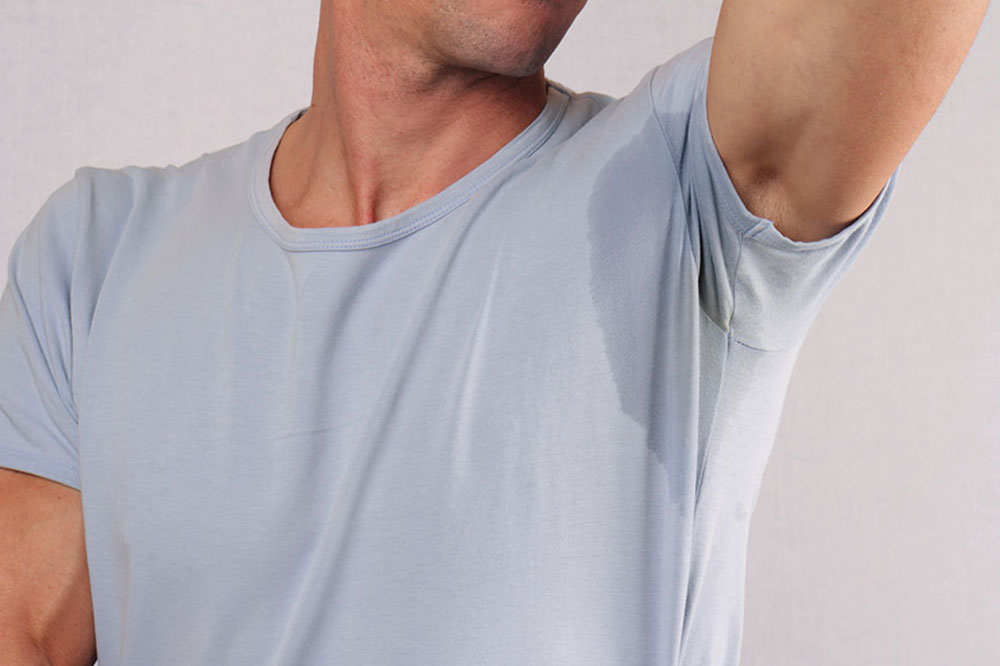Comprehensive Guide to Causes and Effective Treatments for Excessive Sweating
Excessive sweating, or hyperhidrosis, can significantly impact daily life. This comprehensive article explores the causes, including hormonal, medical, and emotional factors, and offers effective remedies such as topical treatments, lifestyle modifications, and medical procedures. Understanding these factors helps in managing symptoms, reducing embarrassment, and improving overall comfort and confidence.

Comprehensive Guide to Causes and Effective Treatments for Excessive Sweating
Excessive sweating, medically known as hyperhidrosis, is a condition that can significantly impact one’s quality of life. While normal sweating plays a crucial role in regulating body temperature by releasing moisture through sweat glands, some individuals experience abnormal or extreme sweating that occurs even without physical exertion or high temperatures. This condition often leads to emotional distress, social embarrassment, and frequent discomfort. Understanding the root causes of excessive sweating and exploring effective remedies is essential for managing this condition and improving daily life.
Humans have approximately 2 to 5 million sweat glands distributed throughout their bodies, with specific areas like the palms, soles, forehead, and underarms being more prone to perspiration. The sweat glands are primarily classified into two types: eccrine and apocrine glands. Eccrine glands are spread all over the body and are responsible for most of the thermoregulatory sweating. They produce a watery, odorless sweat that cools the body when it evaporates. Conversely, apocrine glands are concentrated in regions such as the armpits and groin. They secrete a thicker, milky fluid that becomes odorous when it interacts with bacteria on the skin, often leading to body odor.
When the body's core temperature rises due to physical activity, hot weather, or fever, the eccrine glands trigger the production of sweat to promote cooling through evaporation. However, emotional factors like stress, anxiety, or nervousness can also activate both eccrine and apocrine glands independently of body temperature, leading to sudden episodes of sweating that seem to occur without any apparent physical cause.
Persistent or excessive sweating can be triggered by a variety of health conditions or external factors, many of which are not immediately obvious. Sometimes, infections or illnesses like fever and tuberculosis can cause hyperhidrosis even when the primary illness is not overtly visible. In other cases, genetic predispositions, nerve signals, or hormonal imbalances play a significant role in the overactivation of sweat glands. Recognizing these factors is key to diagnosis and treatment.
Some of the most common causes of excessive sweating include:
Hyperthyroidism: An overactive thyroid gland accelerates metabolic processes, resulting in excessive heat production and sweat. Diagnosis typically involves blood tests to measure thyroid hormone levels. Treatment options include antithyroid medications, surgical removal of part of the thyroid gland, or radioactive iodine therapy to reduce hormone production.
Cancer: Certain malignancies, such as lymphoma, can cause profuse sweating as part of systemic symptoms or as a response to treatment like chemotherapy. The mechanisms are complex and still under research, but persistent night sweats can be an indicator of underlying malignancy.
Medications: Numerous drugs can induce sweating as a side effect. These include antidepressants, antipsychotics, blood pressure medications, and certain antibiotics. If abnormal sweating begins after starting a new medication, consult your healthcare provider before making changes.
Diabetes: Fluctuations in blood sugar levels, especially during hypoglycemic episodes, can lead to over-sweating. Managing blood glucose effectively can help reduce this symptom.
Menopause: Hormonal changes during menopause result in hot flashes and night sweats, disrupting sleep and daily comfort. Hormone replacement therapy and lifestyle modifications may alleviate these symptoms.
Stress and Anxiety: High psychological stress activates the body's fight-or-flight response, increasing sweat production. Chronic stress management through relaxation techniques or therapy can help control excessive sweating. Substance withdrawal, such as from alcohol or opioids, may also trigger severe perspiration episodes.
Managing excessive sweating involves a combination of lifestyle changes, topical treatments, and medical interventions. Implementing the right strategies can significantly improve comfort and confidence:
Maintain good hygiene by using antibacterial soaps containing triclosan to prevent bacterial build-up and skin infections in sweat-prone areas.
Avoiding spicy foods, caffeine, and hot environments can help minimize triggers that stimulate excessive sweating.
Regularly apply high-quality antiperspirants containing aluminum chloride, especially on problem areas like the armpits. For best results, apply them overnight for prolonged effects.
Choose breathable clothing made of natural fibers like cotton, which allows better air circulation and moisture absorption compared to synthetic fabrics.
Use sweat shields or absorbent pads to prevent sweat from staining clothes and to increase comfort during activities.
Incorporate treatments like iontophoresis, Botox injections, or medications prescribed by dermatologists for severe cases of hyperhidrosis.
Thoroughly clean affected areas daily, then use sodium chloride solutions or topical antiperspirants to help reduce sweat over time.
If excessive sweating persists despite these measures, seeking professional advice from a dermatologist or healthcare provider is essential. They can perform further diagnostics, including sweat tests or blood work, and recommend tailored therapy options to address underlying causes and improve quality of life.





